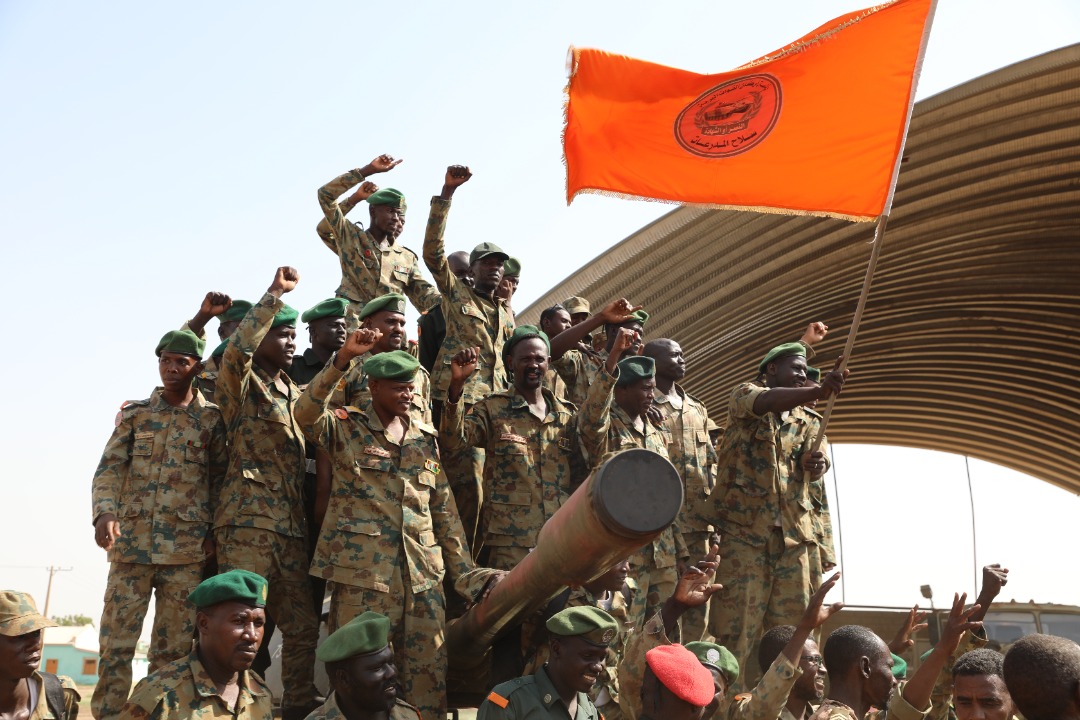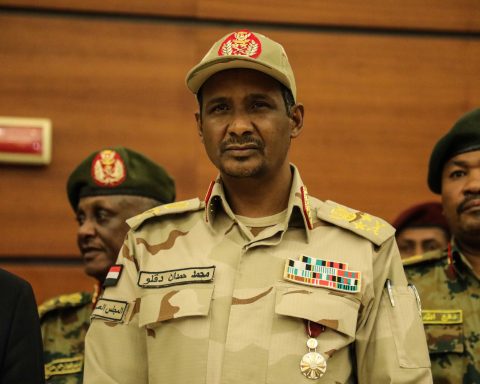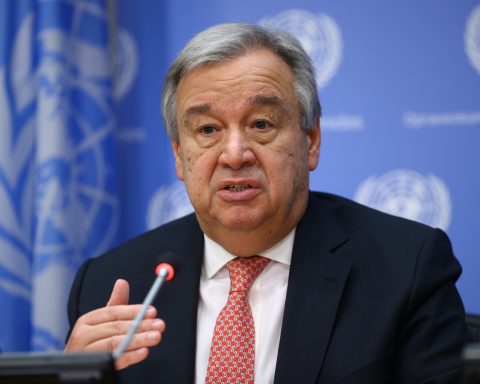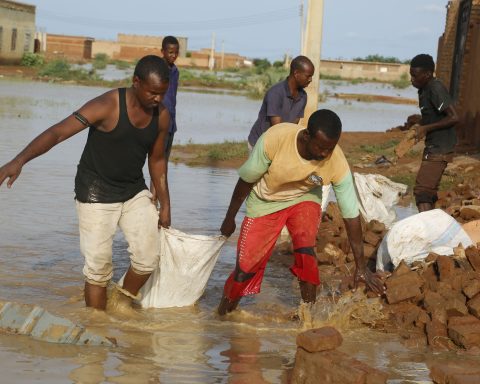A coup attempt was reported in Sudan on the morning of September 21. In this context, state television and radios announced that a group of soldiers in the capital Khartoum made an unsuccessful coup attempt, in response to which live broadcasts were cut, and officials called on the people to resist the coup. Official sources emphasized that a group of soldiers in the Omdurman region of the capital attempted a coup by seizing some military vehicles. Sudan Sovereignty Council Spokesperson Mohamed al-Faki Suleiman, on the other hand, made a statement on his Facebook account, stating that the situation is under control, and called on the people to protect the country and the transition process, and oppose the coup. In this regard, it was reported that 40 officers who attempted the coup attempt were arrested.
In the statement made by the Sudanese Sovereignty Council to the press in the morning, it was announced that the coup attempt, which started at 03:00 at night, failed and was completely under control. In his statement to the press, Sudanese government spokesperson Hamza Baloul al-Amir drew attention to the fact that a group within the Armed Forces, that are remnants of the old regime, attempted a coup. In this sense, al-Amir stated that the civilian and military leaders who participated in the coup attempt were detained, and the events were brought under control.
In the statement made by Prime Minister Abdalla Hamdok, it was stated that preparations were made for the coup d’etat with the turmoil in the east of Khartoum and that this attempt was aimed at the revolution and the gains of the revolution. Like other Sudanese authorities, Hamdok pointed out that those who attempted the coup were those within and outside the armed forces that had links with the old regime, and that everyone, both military and civilian, should be held accountable. In addition, Hamdok emphasized that the coup attempt overtly pointed to the need for reform in security mechanisms.
Major General Abdel-Baqi Bekrawi is mentioned as the leader of the coup attempt in international and local media outlets; however, in some social media sources, it is stated that in addition to Bekrawi, there are four different rank soldiers such as Brigadier General Maher, Brigadier General Alaraj, Colonel Zeki and Lieutenant Colonel Hashim. It is stated that the coup attempt in Sudan took place in the military organizations in the Wadi Sidna and Omdurman regions and the soldiers tried to seize the airport as well. Sudanese authorities stated that they received intelligence in the evening before the coup attempt and were able to intervene immediately.
Sudan is governed by a transitional government composed of both civilian and military representatives, which was established after the overthrow of the Omar al-Bashir administration in April 2019 and is tasked with overseeing the transition to full civilian rule. The power-sharing agreement signed in August 2019 initially envisioned a three-year transition and the establishment of a legislature, but with the Juba Peace Agreement signed last October, no announcement was made as to when elections would take place. More than two years later, the country continues to suffer from the chronic economic problems inherited from the al-Bashir regime, as well as deep divisions among the various factions governing the transition. In addition, the promised legislative body has not yet been established.
The government, led by the Sudanese Prime Minister Abdalla Hamdok, has pledged to restore the country’s deteriorating economy and to make peace with the rebel groups fighting against the al-Bashir regime. In recent months, the Hamdok government has been carrying out a series of difficult economic reforms to qualify for debt relief from the International Monetary Fund (IMF). In this context, the cut of subsidies and the fluctuations in the Sudanese pound received a very harsh reaction from many. There are occasional protests within the country against IMF-backed reforms, the rising cost of living, and delays in providing justice to the families of those killed under al-Bashir. In fact, on Monday, demonstrators blocked main roads, as well as the country’s key commercial center, Port Sudan, to protest the peace deal signed with the rebel groups last year.
As a result, the desired “democracy-based economic development ideal” has not been achieved yet. The deteriorating political and economic situation in Sudan increases the anger of the people against the transitional government and negatively affects national stability. From this point of view, the coup attempt in Sudan today can be read in two ways: The first is the political and economic failures of the current administration, and the second is the intervention of old regime elements, as the current administration claims.














